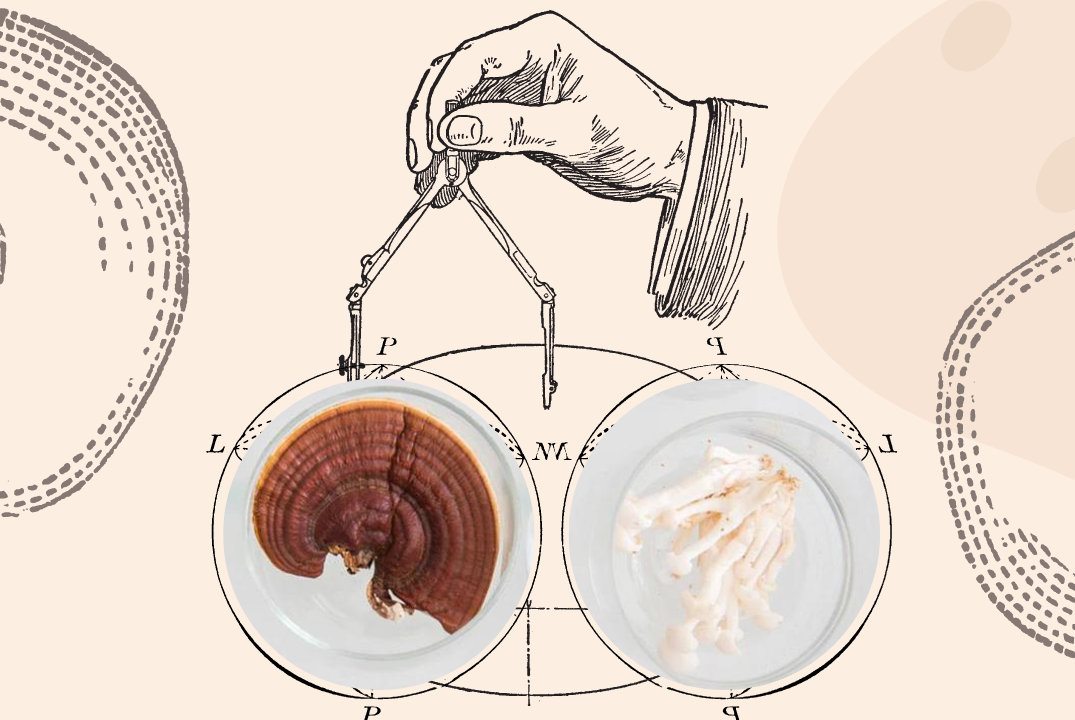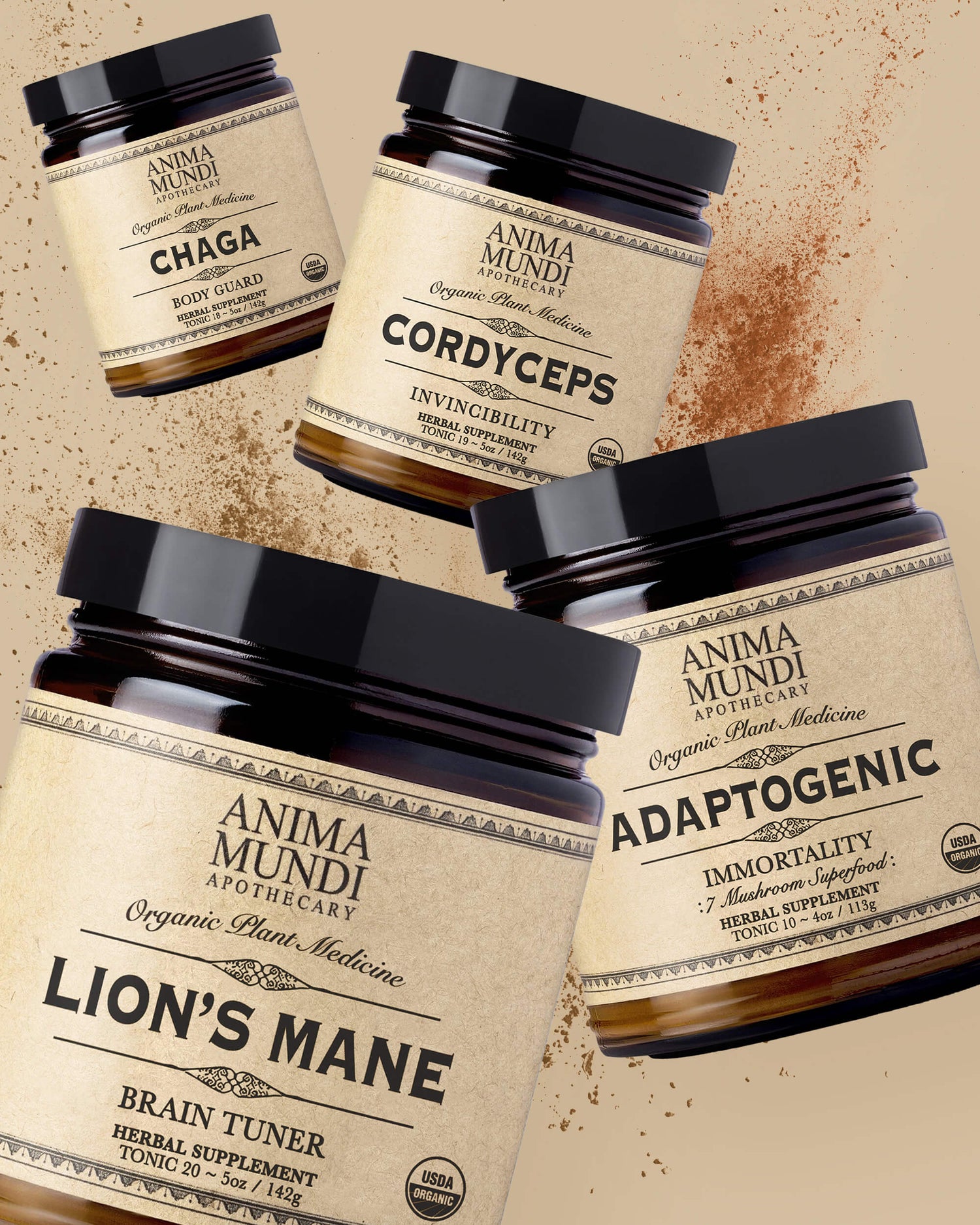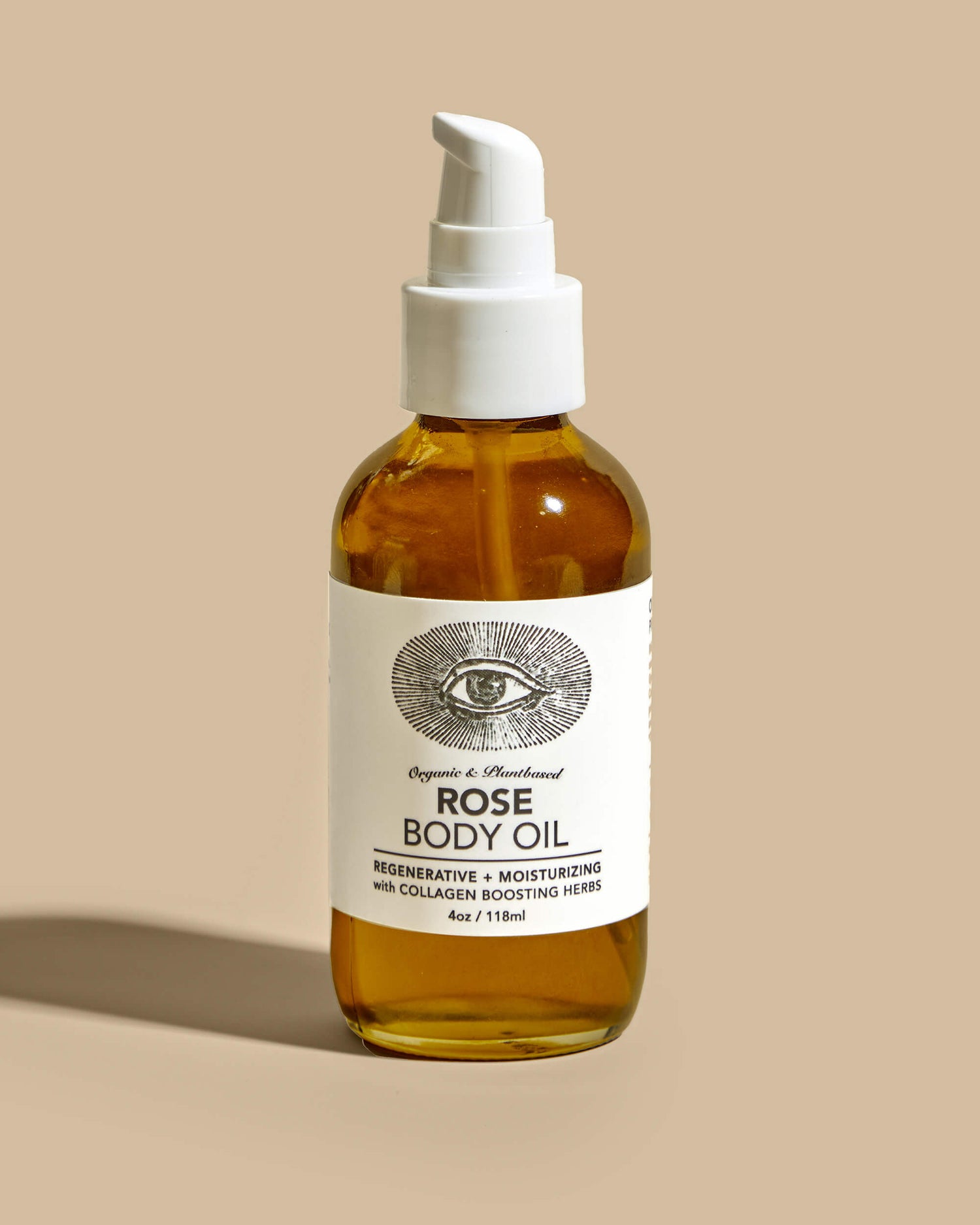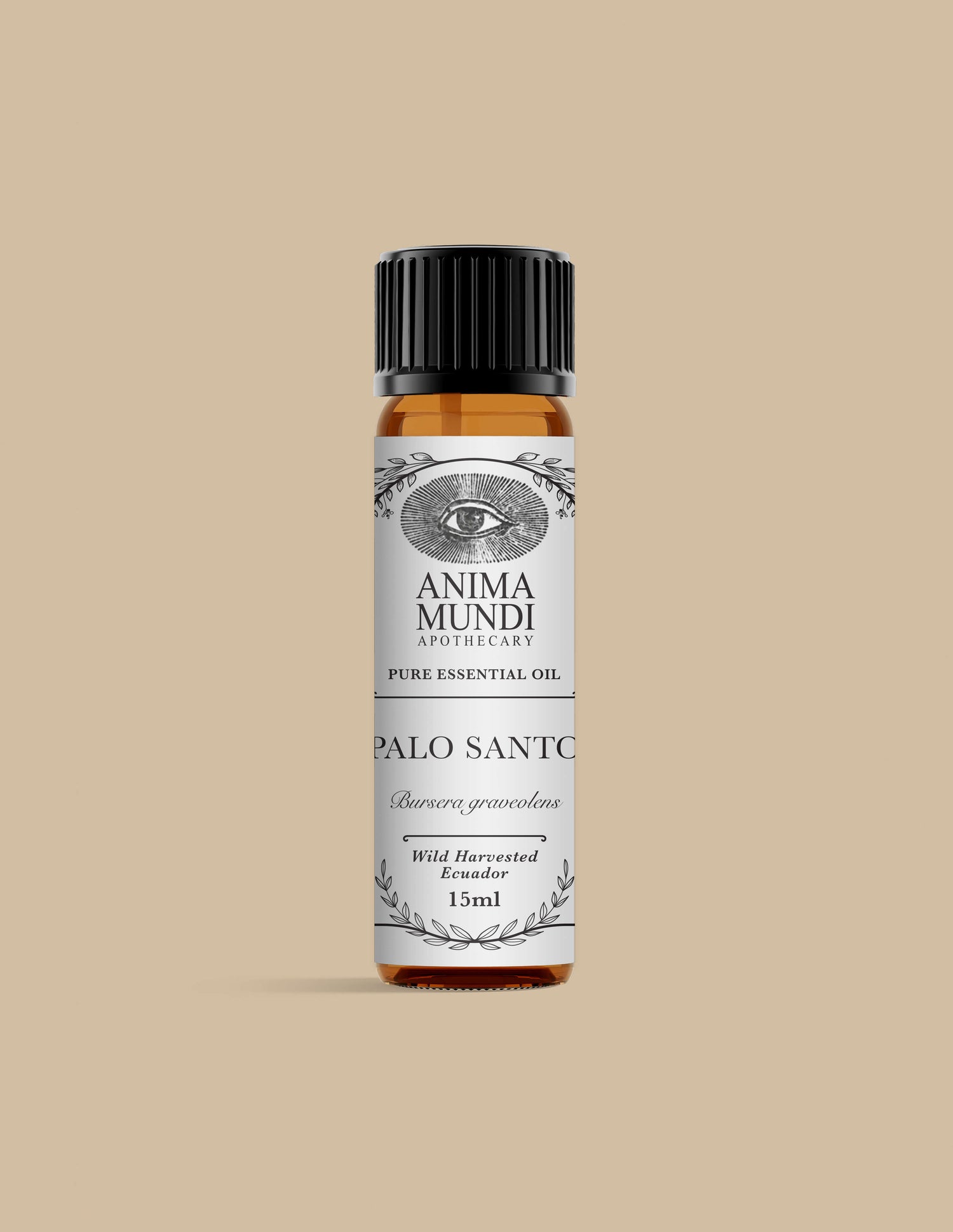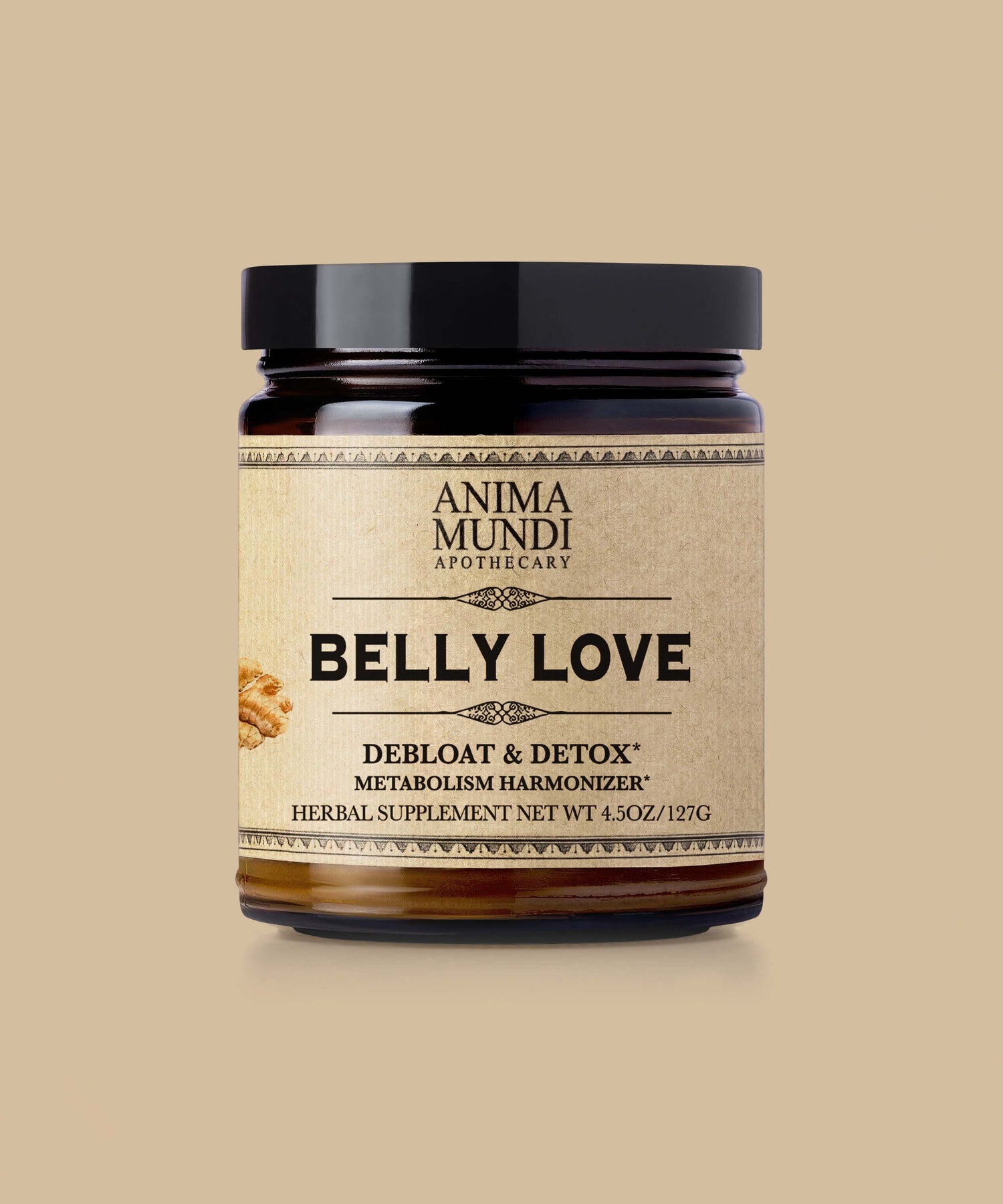Hi friends!
This is a HUGE subject that SO many of you have requested. This is just the tiny tip of the iceberg regarding womb health and its multiple phases of life.
The use of pharmaceuticals for pregnancy, fertility, menopause (etc) is excessive and not without risks. While the horrors of thalidomide are behind us, women in their 40s, and men too, whose mothers took DES during pregnancy for example, in the 1960s-1970s are still dealing with the repercussions in the forms of increased reproductive cancers (and genital deformities). Unfortunately, new studies continue to reveal hidden harms, though perhaps less extreme, of pharmaceuticals currently in use, including what we've all been told is safe until recently – Tylenol. And yet another recent study has demonstrated that the most common medication given in pregnancy for yeast infections increases miscarriage. (Romm, Aviva)
Shocking statistics have been coming out about the dispensing of prescription drugs, including narcotics, to pregnant women in the U.S. One recent study looked at the pattern of prescription drugs (other than vitamins) dispensed to over one million women enrolled in Medicaid for at least 3 months before and then throughout pregnancy from 2002 to 2007. Almost 83% of these women were dispensed at least one medication; half of these were antibiotics. Read more about these statistics by the expert, Aviva Romm, MD, ND.
The use of herbs for the treatment of common pregnancy symptoms is very common. Studies and surveys estimate that up to 45% of women use an herbal therapy at some point during pregnancy. I hope this article gives you a glimpse into the potential benefits of herbs in pregnancy. If you're seriously interested in learning more about Herbs in Pregnancy, check out Aviva Romm MD and ND.
TOP 13 HERBS FOR THE WOMB
- NETTLE - Nettle is one of Nature’s greatest multivitamins. Rich in nutrients, minerals and high in iron, Nettle is deeply nourishing to all body types, it is a particularly useful to the womb pre and post cycle, for fertility, for postpartum, after birth, and in the case of a miscarriage. Nettle may also support kidney health, may clear urinary tract infections and is incredibly effective at reducing seasonal allergies. Nettle can be enjoyed in many ways. You can ingest fresh (or dried) as a tea, as a food as a tincture or as an extract powder. You can treat it as if it were a stinging kale, and make all sorts of delicious dishes, tea’s, broths and beyond. For pregnant mamas, use glycerite tinctures when choosing liquid extracts.
- SHATAVARI A beloved adaptogen native to India. Used for centuries in Ayurveda for women in all stages of life, as it’s an adaptogenic super tonic for the womb. Shatavari is immensely helpful in curbing physical and psychological stress often associated associated to hormonal imbalances and reproductive disorders. It helps balance sluggish menstruation or a heavy flow. Based on existing studies, Shatavari may improve general reproductive health, assisting with complications such as PCOS, follicular growth and development, infertility. Shatavari has been successfully used to increase fertility, as a galactagogue,, for vaginal dryness, hot flashes during and around the onset of menopause, and for supplementation post-menopause. May be ingested as a tea, capsule, tincture or in food. For pregnant mamas, use glycerite tinctures when choosing liquid extracts.
- BLACK COHOSH - One of my all time favorite plants for womb care in all stages of life. This precious herb, has gained immense popularity as it’s often used as hormone replacement therapy, to support women during menopause, with few adverse effects. It is often used for symptoms of menopause, premenstrual syndrome (PMS), PCOS, painful menstruation. Although often associated as an herb for women, Native Americans have used it for as wide array of purposes for centuries, such as: colds, rheumatism, kidney disorders, menstrual disorders, to induce labor, lactation and more. Black Cohosh helps alleviate symptoms of hot flashes, sleep disorders, body pains, irritability, and mood swings. osteoporosis. Recommended as a tea, tincture or capsule. For pregnant mamas, use glycerite tinctures.
- RED RASPBERRY LEAF - The red raspberry is a unique medicinal food with a rich history. Extensive historical papers note how wild berries were collected in the wild and were a primary food amongst many cultures around the world. In medieval Europe, wild berries were used for medicinal purposes and their juices were used for paintings and as ink for manuscripts. Raspberries are high in several powerful antioxidant compounds, including vitamin C, quercetin, ellagic acid, containing a variety of other nutrients, such as magnesium, potassium, vitamin K, calcium, and iron ( R ) Red Raspberry leaf is an herb commonly used during pregnancy and studies show that it might not only improve the outcome but it reduces the possibility of medical intervention. (R ) Although it’s not technically a pain-reliever, the leaves have helped a myriad of women in labor, those dealing with PMS, premenstrual bloating, heavy period flows, and endometriosis (R). For best results try using the fresh leaves, or fresh dried. If not available, enjoy it as a tea or tincture. For pregnant mamas, use glycerite tinctures.
- VITEX (Chasteberry) - This powerhouse of a berry not only is a powerful women’s health ally, this berry is also known to boost memory, learning and cognition! Vitex directly enhances the function of the pituitary gland, which is a primary gland that regulates hormone secretion. It’s used as a fertility aid, and is safe to use in the first stage of pregnancy for miscarriage prevention if there is a history of miscarriages. Discontinue use of this herb past the first trimester, unless you are following a protocol with an experienced herbalist or doctor. Vitex is a galactagogue, stimulates milk production, can help bring back menstruation for women suffering from amenorrhea, may help with PMS, PCOS, fertility challenges, irregular menstrual cycles, menopause symptoms ( R) Best in tincture or capsule form. For pregnant mamas, use glycerite tinctures.
- DONG QUAI - Sometimes called “female ginseng”, Wild Yam helps cramping, irregular menstrual cycles, infrequent periods, PMS, any menstrual and muscle cramping and menopausal symtoms. This potent women's herb has the ability to regulate oestrogen levels - whether they're too high or too low - strengthening the uterus, improving uterine tone and regulating the menstrual cycle. In Chinese Medicine, it has been shown to improve red blood cell count, which is helpful after menstruation to replenish rapidly. For those with sluggish periods, Dong Quai is said to relieve stagnation that may often lead to PCOS, endometriosis, ovarian cysts and uterine fibroids. Best consumed as a tincture or root decoction.
- WILD YAM Being a phenomenal anti-spasmodic, wild yam helps with PMS, relieving menstrual and muscle cramping and pain/dysmenorrhea, as well as regulating contractions during labor. It also provides pain relief post-surgery in the pelvic region related to endometriosis, fibroid or cyst removal, C-sections, and post-labor pain.Wild yam can be used in a progesterone cream, a natural alternative to hormone replacement therapy (HRT).
- MACA ROOT Maca root, is an energizing adaptogen known for its power to increase sexual desire in both men and women. Like similar nutrient dense tubers, it has a high nutrient content which also increases energy and stamina, and due to its high protein content it can help build muscle. Maca has provided excellent support to those in menopause, in particular to women struggling with hot flashes. Although it tends to boost testosterone levels, it can also help regulate hormone levels, decreasing PMS symptoms, moodiness, and those dealing with mild depression. Best and easiest in powder form. Unless of course you grow it and can make a delicious hot decoction! It has a very tasty malty flavor, and can be easily integrated into food, smoothies, tonic latte’s, etc.
- MORINGA LEAF - Moringa is a superb high vitamin C mineralizer and galactagogue for mamas to be, and nursing mamas. Moringa leaves are an excellent source of many vitamins and minerals. One cup of fresh, chopped leaves (21 grams) contains protein, vitamin B6, B2, Vitamin C, Iron, Vitamin A, Magnesium, B2, and more. Enjoy fresh or as a powder and incorporate into food, beverages, and beyond. A super tasty green powder that can be enjoyed even as a latte!
- ASHWAGANDHA - Ashwagandha also known as Nature’s Chill Pill as it can greatly reduce stress levels due to its direct effect on the central nervous system and the adrenals. In Ayurveda it has been used for fertility support and as a replacement for HRT during menopause. Can be ingested as a food (great in soup!), tea, as a tincture or capsule.
- ADAPTOGENIC MUSHROOMS - All adaptogenic mushrooms are considered generally safe in small doses during pregnancy. Enjoy them occasionally as a food particularly in the 2nd and 3rd trimester. They are very nutrient dense, immune protective, adaptogenic and can help with stress relief particularly to those mamas feeling anxious before birth. Mushrooms such as turkey tail, agaricus, lions mane, shiitake, maitake, oysters, chaga, cordyceps, reishi, and other culinary mushrooms are excellent to incorporate into the diet. Enjoy them in soup as a mushroom broth, or as a tea. Be sure not to over-do it (with anything) while you’re pregnant. Adaptogenic mushrooms can also help women that have irregular cycles, heavy blood flow, PMS, *A note on adaptogens. Avoid using in the first trimester as your body is already doing so much, there is no need to incorporate unless you are directly supervised by a healthcare practitioner that advises a particular course of action for you. You can enjoy them occasionally on the second and third trimester, if you’re needing immune support, or help with anxiety/depression/irregular moods.Ingest in nutrient dense foods, soup, smoothies, warm beverages.
- RED CLOVER - According to herbalist Rosemary Gladstar, “red clover can be considered one of nature’s best vitamin and mineral supplements, as it contains beta-carotene, calcium, vitamin C, a whole spectrum of B vitamins, and essential trace minerals such as magnesium, manganese, zinc, copper, and selenium (Gladstar, 2012). Because of its phytoestrogens, it is commonly used by women to support common menopausal symptoms such as hot flashes, mood swings, and night sweats. The isoflavones in red clover appear to bind with estrogen receptor sites, preventing certain forms of estrogen such as estradiol and/or excess estrogen from accumulating.” Red clover is often used to boost fertility, as well as great tonic to prepare the uterus for pregnancy due to its blood purifying and mineralizing properties. Studies also demonstrate it to be a great galactagogue as it stimulates prolactin secretion, therefore increasing milk production. *Because of its strong phytoestrogen content, some studies have shown it to be potentially unsafe, yet there isn’t enough information regarding this. As always, consult your doctor or healthcare practitioner to see what’s best for you. Best taken as a tea, tincture or infusion. For pregnant mamas, use glycerite tinctures.
- MILKY OATS (Oat Straw) - An excellent and safe Trophorestorative, which means it's a nutritive restorative. Oat straw is a superb tonic for anyone looking to recover from weakness of deficiency. It has a soothing, calming effect on the body and can gently elevate mood. It’s a superb tonic associated with PMS, labor pains and during postpartum. Ingest as a tincture or tea. For pregnant mamas, use glycerite tinctures.
OTHERS!
Other common nutritive teas that are known to be safe in moderate amounts are: spearmint, chamomile, lemon balm, rose hips, hibiscus, can be considered reasonable for regular use in pregnancy. Using normal amounts of traditional cooking spices is considered safe as well. Be aware that anything in excess is not suggested during pregnancy. If in doubt, please consult your healthcare practitioner.




